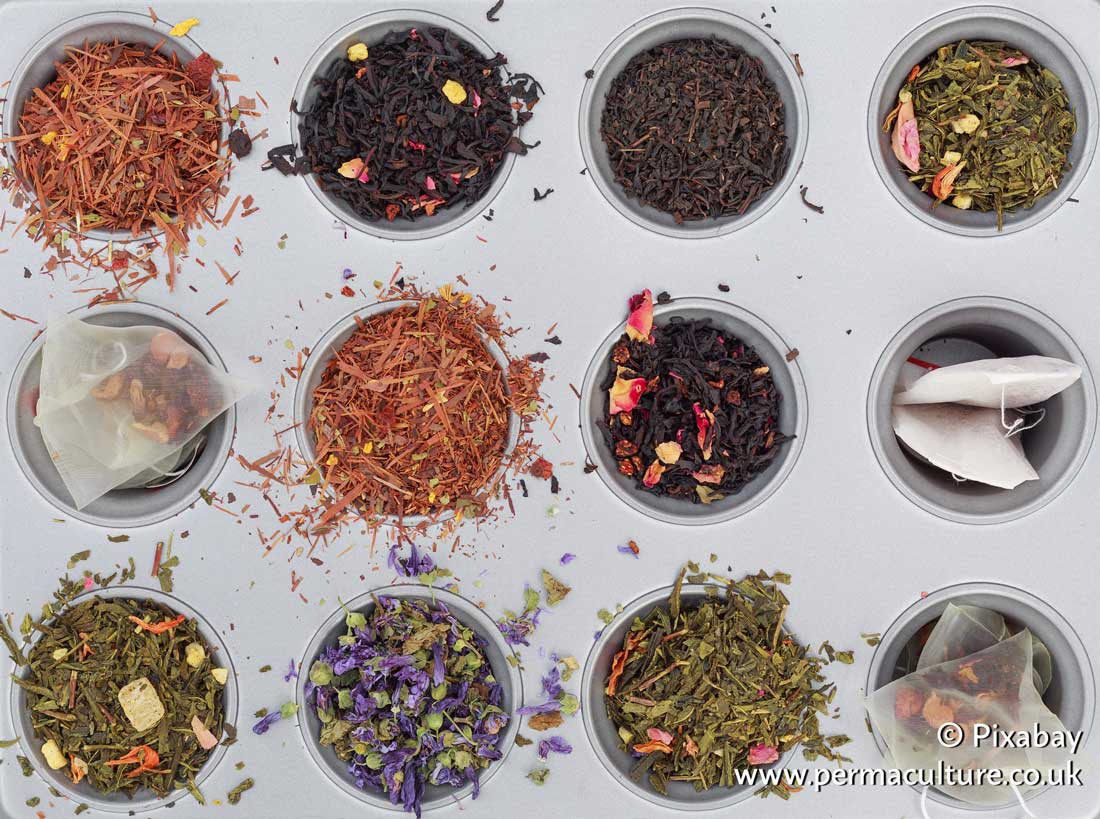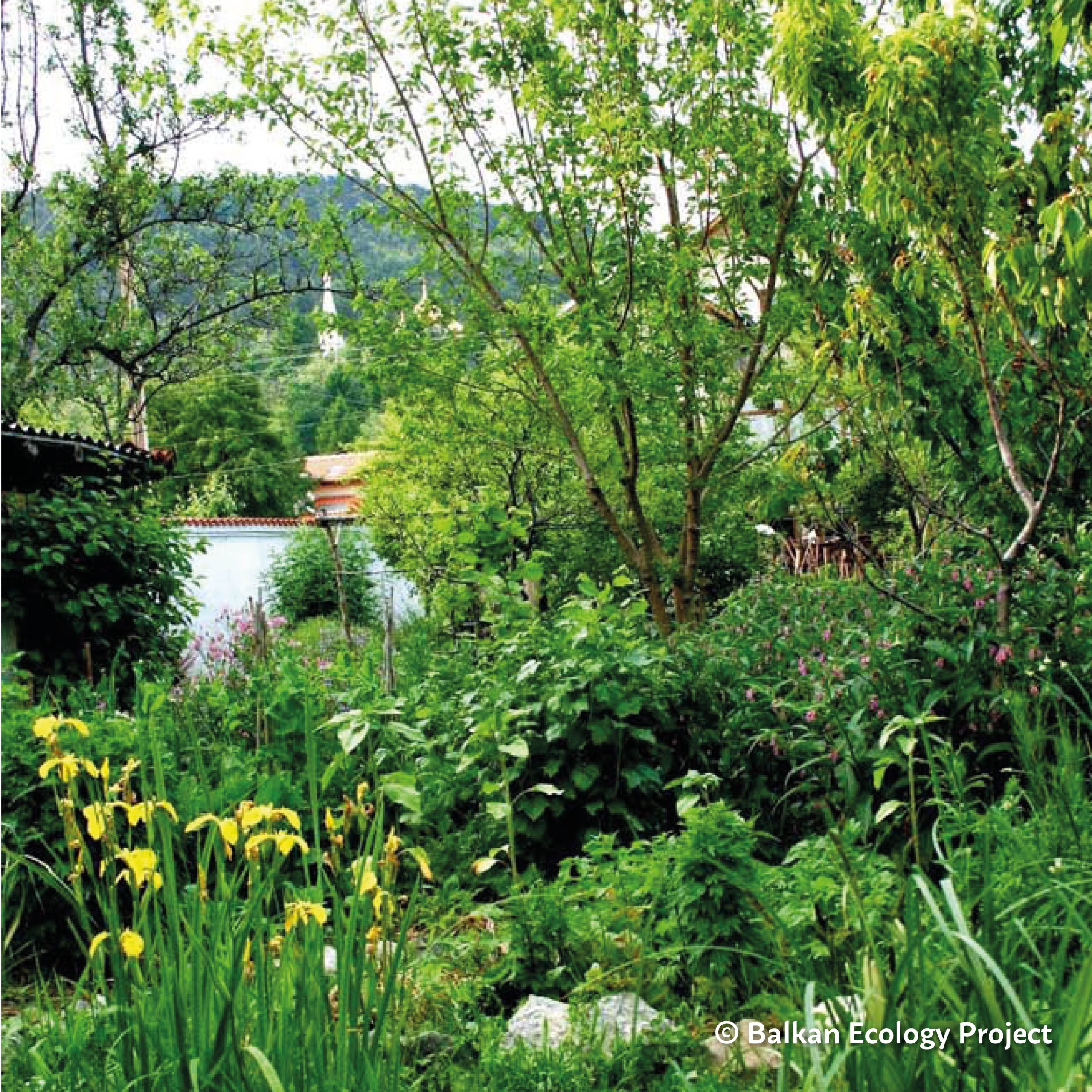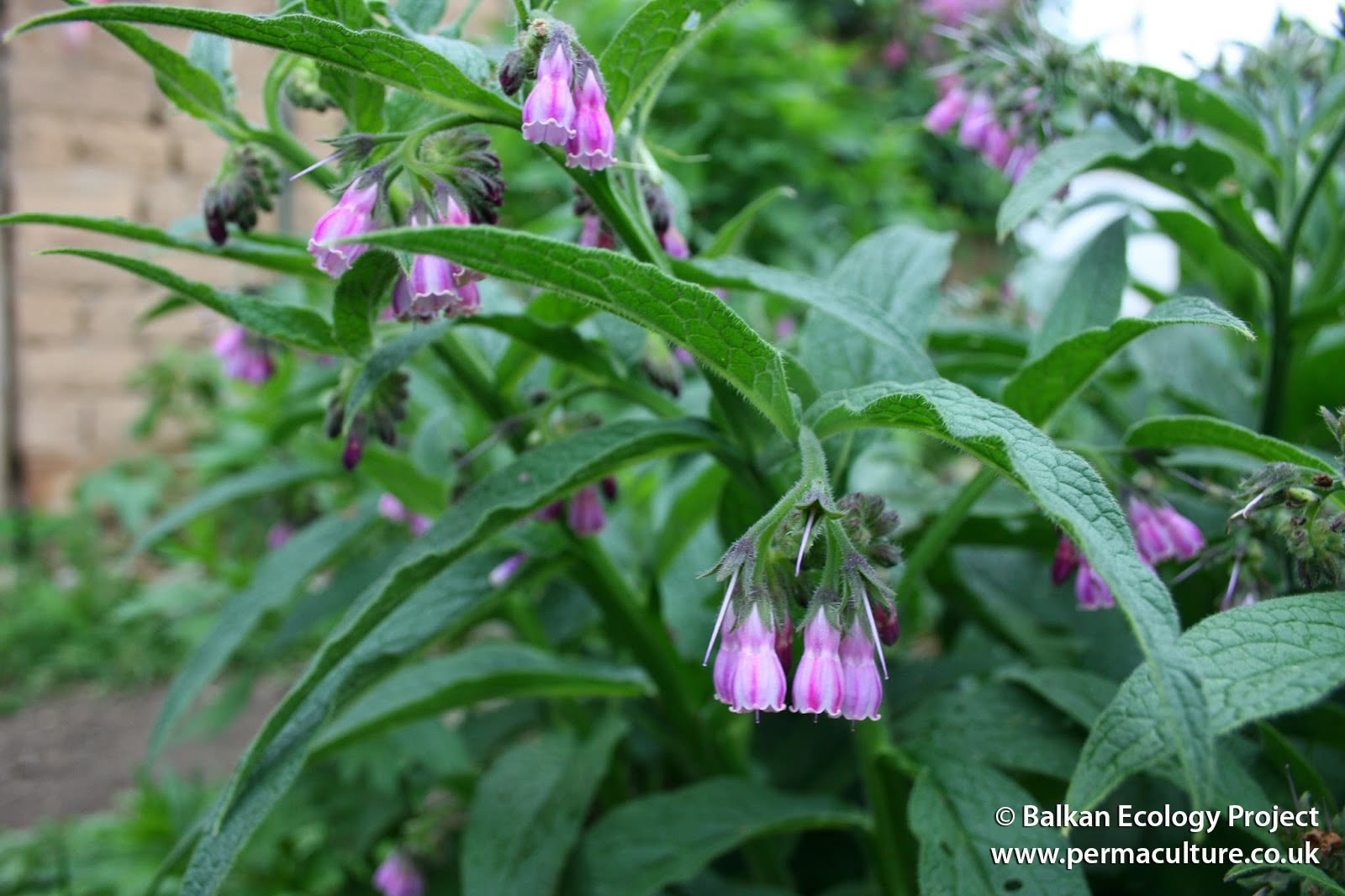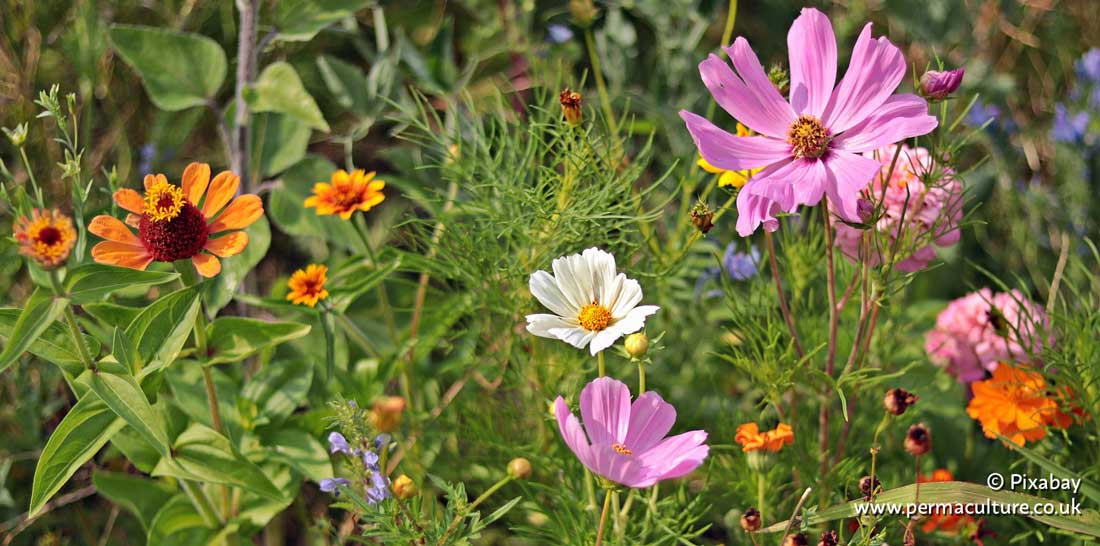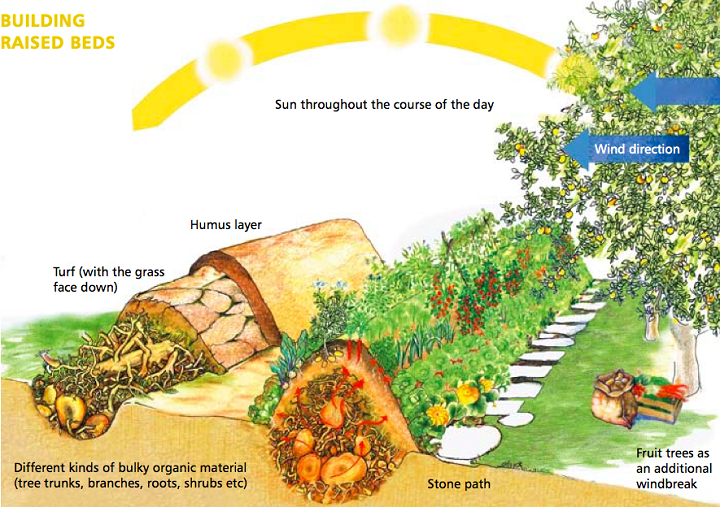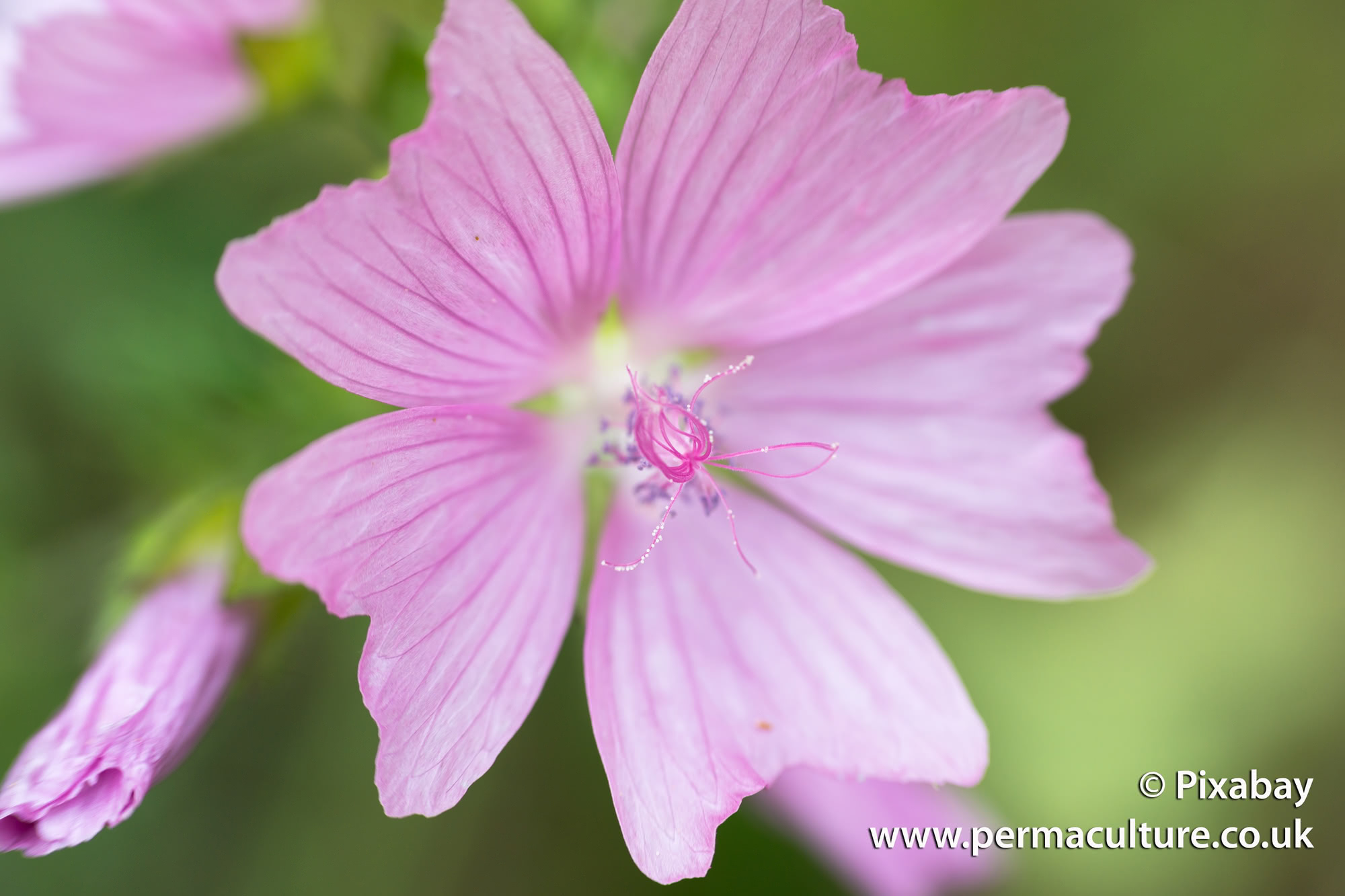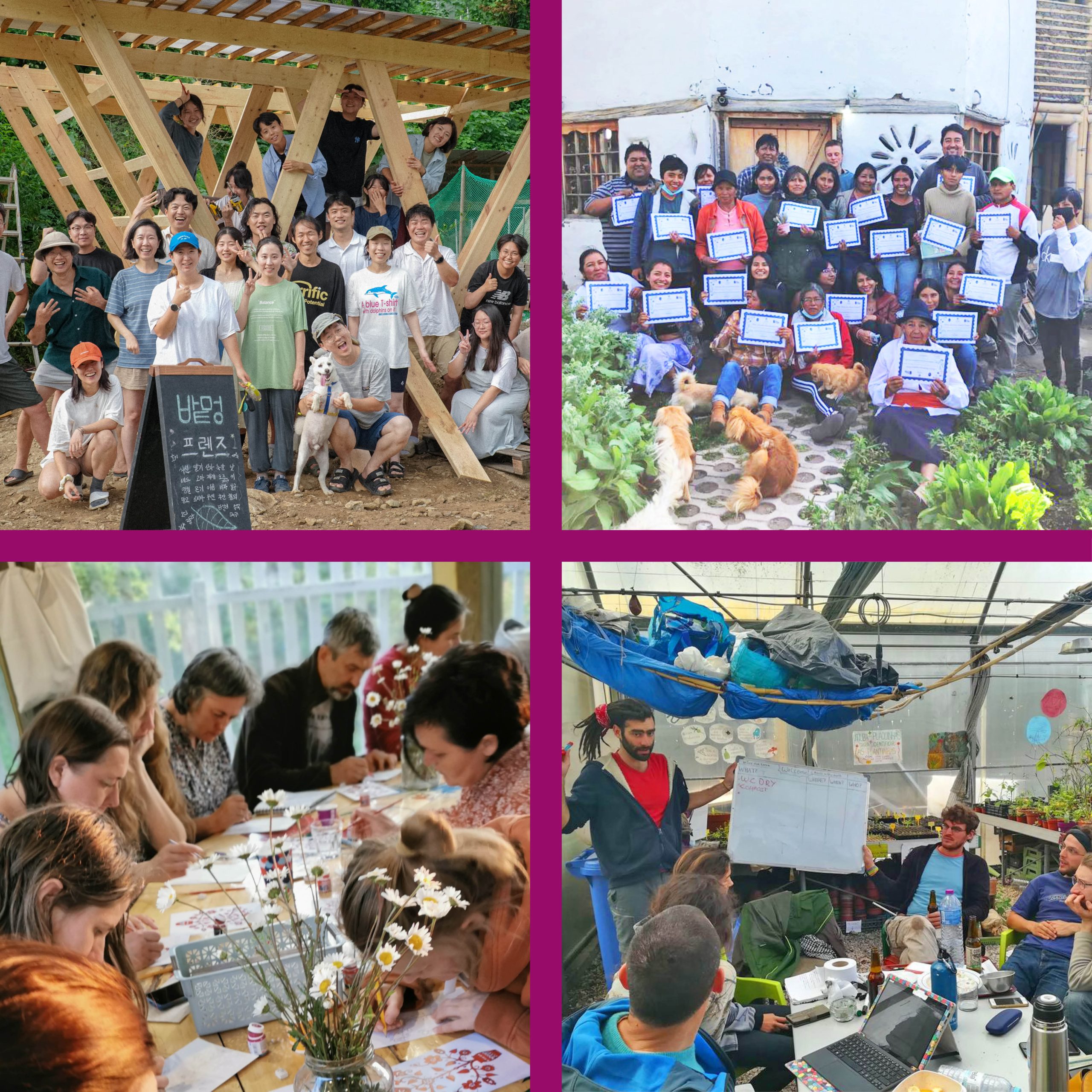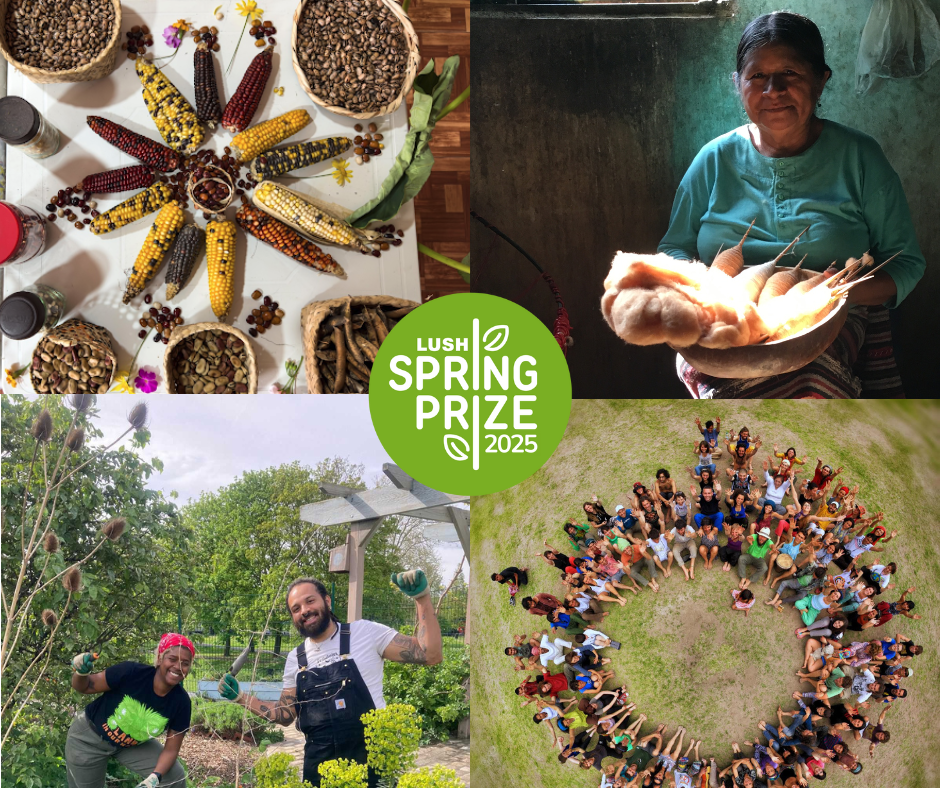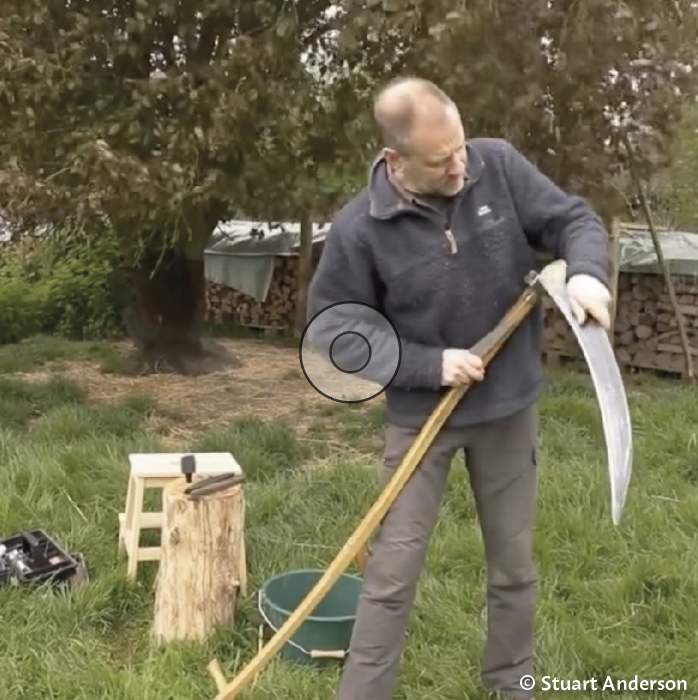We all recognise things in the world that are disturbing and we would like to be different. Perhaps it is social injustices in faraway countries, habitat destruction in the rainforest or gangs roaming the streets in your town. There could even be things closer to home in your own family that you would like to amend, like sibling rivalry.
A lot of energy could be spent worrying about these things and wanting them to be different without actually achieving any change. Our abilities to transform these situations can be small because we cannot or choose not to force changes in people’s behaviours; it is more effective if they decide to do this themselves. We can however create conditions for change.
Stephen Covey introduced the concept of circles of concern and influence as a thinking tool for where to focus our energies. Within our circle of concern are issues such as social or ecological problems as well as those involving other people. Within our circle of influence are things that we have a much greater ability to manoeuvre and direct.
For the vast majority of us our circle of influence lies inside our circle of concern, and we cannot influence all the things we are concerned about.
When we spend our time acting in the wider circle of concern, worrying, generating fear and playing out disaster scenarios of what could happen, we use up available energy that could be spent in our circle of influence. Our circle of influence shrinks as a result of lack of attention and energy and also because the energy spent in worrying disempowers us.
In contrast, when our energy is spent in our circle of influence it expands and we become able to tackle some of the issues that were previously out of reach.
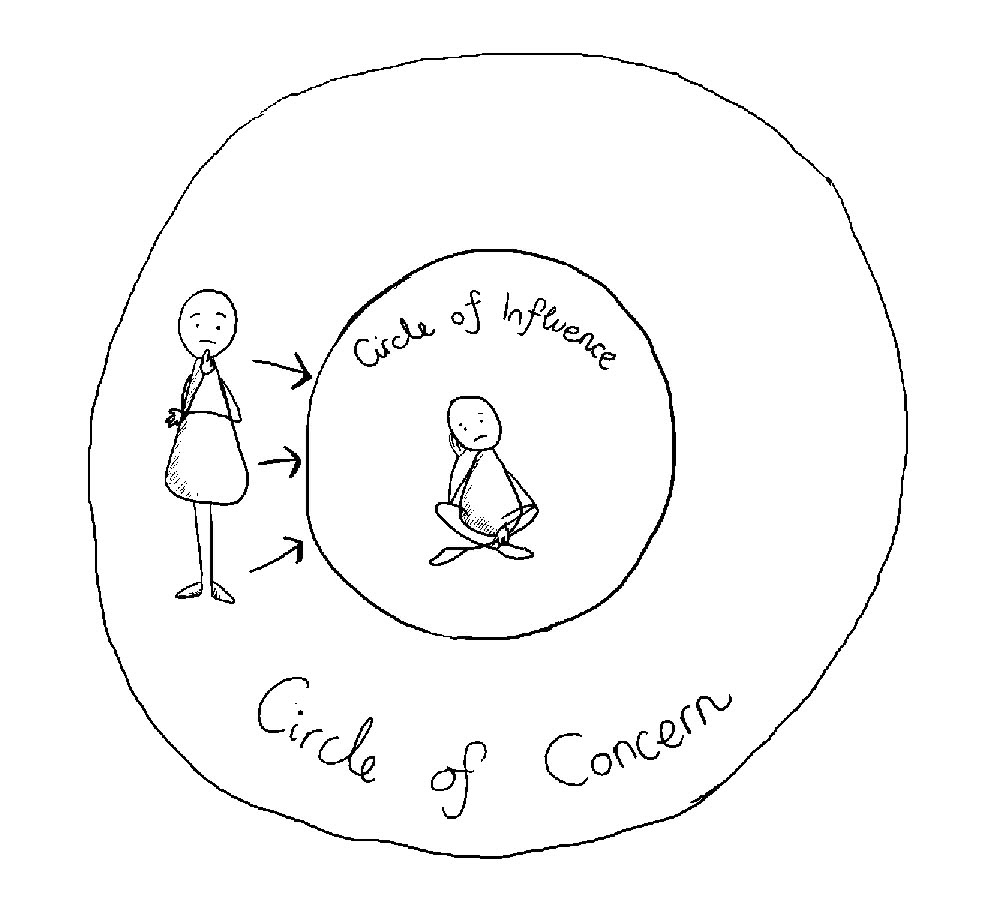
Many people come to permaculture after spending time campaigning for change. Graham Burnett was an activist who came to realise that he was spending his time being ‘anti this’ and ‘anti that’ and wanted to discover what he was ‘pro’. Permaculture offered him a way of finding solutions and bringing positive change into his life.
He described finding permaculture as turning a mental switch from a blame and ‘us and them’ paradigm to a proactive way of thinking about how we can create workable solutions together. His circle of influence has grown and he is now a permaculture author and teacher. Permaculture encourages us to find actions that are within our capacity for where we are at this moment with our lives, taking steps from the here and now.
The primary action is to focus our attention and energy on the things we can change. This brings us back in to zone 00, ultimately the place of most influence. Our own self is the place of minimum effort for maximum effect. Any activity that we can do to centre ourselves, align with our aspirations, increase our well-being, improve our communication skills and expand our knowledge is within our circle of influence.
Just by demonstrating these things our words will start to have more weight with the people around us. When we have more presence and focus and keep the commitments we make, others are more likely to listen. When we are awake to our own leadership we are able to move forward. Teaching, modelling, designing, being strategic and effective come more easily. As Gandhi said, we can: “Be the change we want to see in the world”.
Within our families we may worry about our children’s future, their behaviour… these are all in our circle of concern. What is within our capacity to change is our own behaviour, the time we put into family activities or our home environment. Shifting these things can have ripple effects on the other concerns.
Within our professional lives we can develop our skills, make contacts and be polite and honest with our colleagues. When we become good at what we do, provide a service and supply a demand, people will come to us.
In our communities we may desire change in our health, education systems or integration between generations. It is in our circle of influence to maintain our own health and research different tools for education. We can act to develop a sense of community by talking to our neighbours, offering support, smiling at strangers, using our local shops and walking around our towns.
The edge of our circle of influence is dynamic and fuzzy; there are many factors affecting it at any given time. We have all noticed that we are able to convince some people and not others. This can vary with many factors, perhaps just the time of day can determine whether our words are heard or not. It can decrease as well as increase with a change of job or other circumstances.
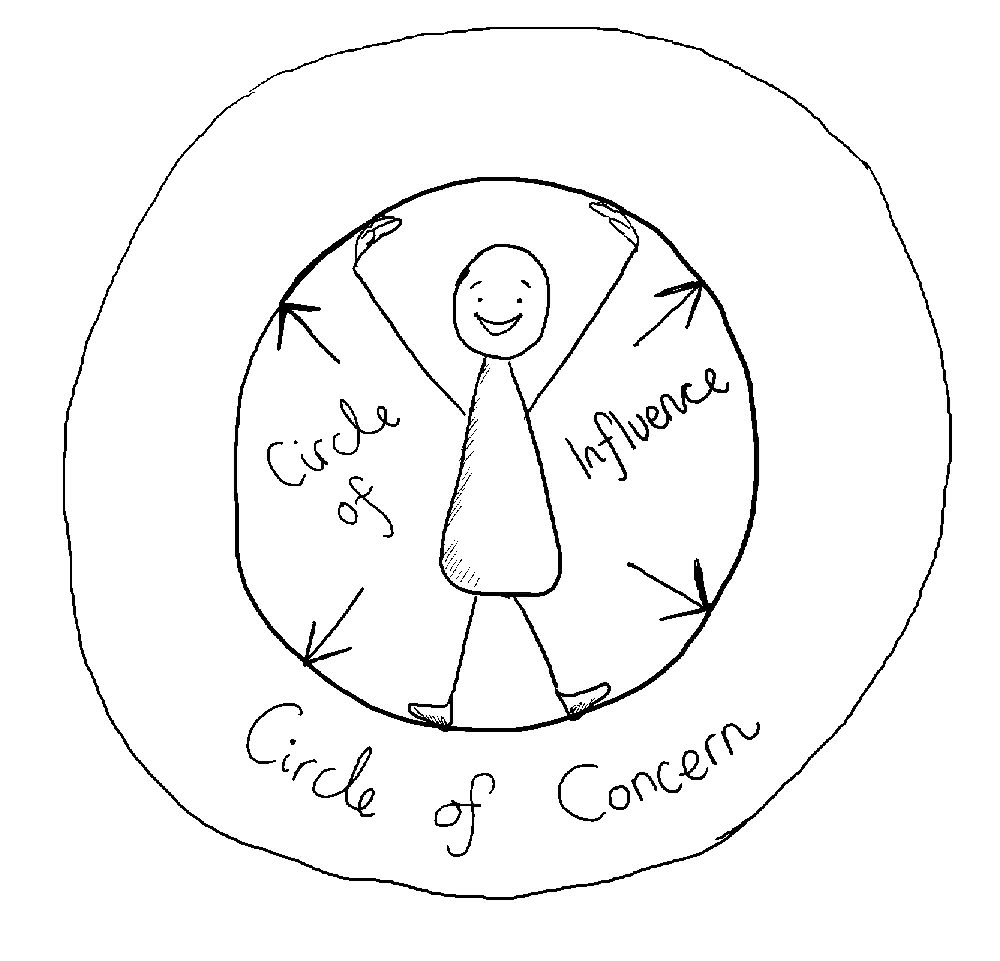
The growth of permaculture illustrates how a circle of influence can expand. In the early days of permaculture in Britain it was a fringe activity, most people would say ‘perma what?’ During that time we have tried and tested ideas, developed resources and built up our infrastructure. Nowadays permaculture is receiving more national and international coverage and we have more scope for influencing policy, action and opinion.
When something is outside of our circle of influence there is a limiting factor that could be addressed to bring it within our circle. For example Bill Mollison was concerned about monocultures taking over the fields in Australia, and the use of chemicals on the land. He identified a limiting factor for changing this was lack of knowledge of alternative ways of farming.
He spent his time working within his circle of influence observing nature, developing permaculture and writing books independently and with David Holmgren to provide alternatives to the conventional way. From his writing and teaching and the knock-on effects he has been able to influence thousands of people globally.
We can look to create pathways of influence that take us to a specific concern. We could become a school governor or the trustee of a charity. We could undertake research or initiate contacts. We will find our own desire lines of where we want to act, what we would like to focus on. This can lead us to our right livelihood.
This excerpt was taken from People & Permaculture by Looby Macnamara, which explores how to use permaculture principles and design in situations ranging from our own health and relationships to education systems.
Looby is a permaculture teacher and author, including the first book to explore the people care ethic, People and Permaculture.
